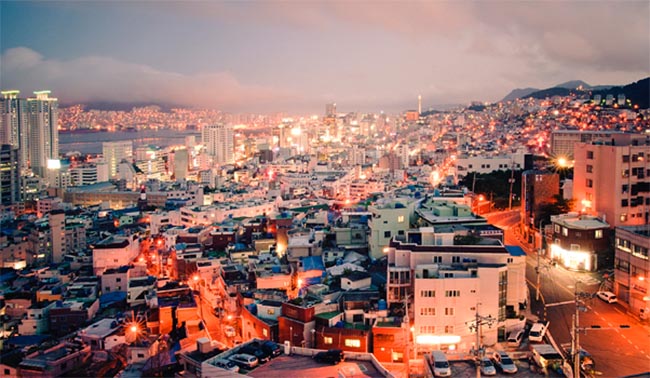Urbanization is a human process that has led to profound changes in the daily life of more than half of the world population. The way our cities are planned and organized affects our lives more than we can imagine. The design of a city affects the time we spend commuting from one place to another; our housing modalities namely public, private, or informal; streets, parks and public spaces; education and job opportunities; urban poverty; space for different cultures and ethnicities; integration; cultural activities; pollution and environmental sustainability among others.
However, the attention, consciousness and global debate over the negative trends of the current urbanization of the world and its impact have not been sufficiently analyzed in the last decades: decrease in planning, diminishing densities, increased urban expansion, less public space, more energy consumption. The lack of attention also applies to the tremendous benefits that can be generated from good urbanization. Although it is a very complex human process, the advantages that urbanization offers can be an important contribution to the solution to many of the challenges that the world is facing today.
It is now time for a paradigm shift. Habitat III, the Third United Nations Conference on Housing and Sustainable Urban Development, 17–20 October 2016, Quito, Ecuador, is offering us the opportunity to adopt an ambitious New Urban Agenda that can drive the wealth, prosperity and human progress for present and future urban dwellers, who are expected to represent 70 per cent of the world population by 2050.
We cannot miss this opportunity. The recognition of the power of well-planned urbanization as an engine for sustainable development is a historical paradigm shift embraced by Agenda 2030 for Sustainable Development. In UN-Habitat, the leading agency on human settlements and urban development, we have not only assessed the associated problems of unplanned urbanization but we have also tested the immense opportunities of good urbanization all around the world. Sustainable urbanization is a powerful engine for growth, social cohesion and environmental protection. We strongly believe that the New Urban Agenda is an opportunity for all.
On World Habitat Day, October the 3rd this year, we would like to continue promoting a culture and a consciousness about the importance of cities in our daily lives and the enormous opportunities that the New Urban Agenda is bringing to the prosperity and sustainability of our lives. In the lead-up to Habitat III, we specifically want to call for repositioning housing at the centre of good urbanization. Indeed, where we live defines who we are in many ways; it also defines our ability to participate in the fabric of our cities through access to basic services, education, job opportunities and culture. On this day, we urge urban decision-makers to remember that adequate housing is a universal human right, and it means much more than four walls and a roof. We must globally commit political will and public intervention and adequate investment to ensure housing at the centre of good urbanization, and improve the living-conditions of over a billion slum-dwellers and urban poor.
The prosperity of our growth will be intimately related to the quality of our urbanization and planning of cities. The historical transition from the primary sector towards more productive sectors of the economy is intimately linked to urbanization. Implementing the New Urban Agenda is the best investment for our quality of life. To this end, this October, let’s celebrate together World Habitat Day, Urban October, Habitat III and World Cities’ Day (October the 31st each year) in this very special October of 2016, and renew our global commitment to good urbanization.
Home » Opinion » “Good” Urbanization: An Investment and A Way of Life
“Good” Urbanization: An Investment and A Way of Life
| By Dr. Joan Clos

